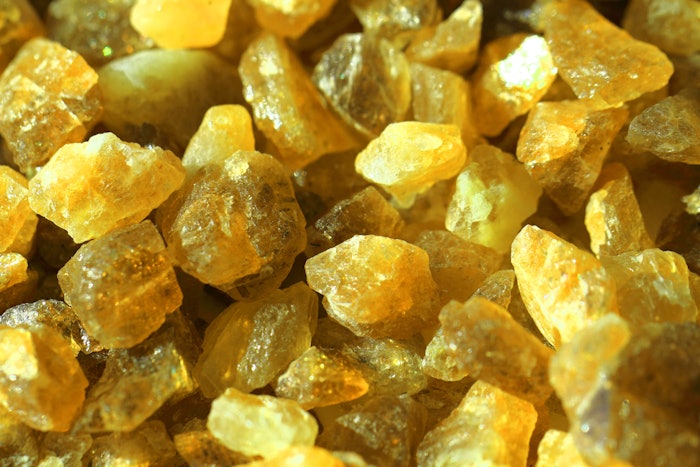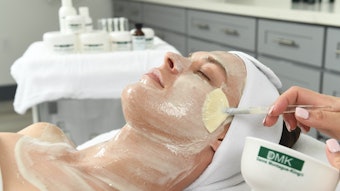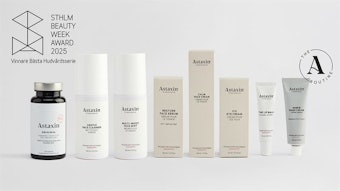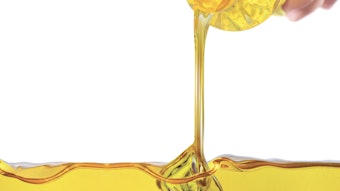
It's time to set the record straight on sulfur in skin care formulations. This trending ingredient is often referred to as "stinky," which can lead to many steering clear of sulfur in esthetic treatments and products. But, we're here to share the power of this ingredient for the treatment of acne and skin inflammation.
Sulfur is a yellow, non-metal element that has been used for centuries to treat skin conditions. A roman physician cited the first use of sulfur in a mineral bath for the treatment of acne in an early medical text called De Medicina. 1
“Used for centuries and renowned for its ability to treat acne, sulfur works by reducing excess oil and unclogging pores, which helps to prevent and treat breakouts effectively. Additionally, sulfur has antimicrobial properties that combat acne-causing bacteria, further promoting clearer skin.”
-Ellen Clark, Founder & CEO of Control Corrective Skincare.
As a skin ingredient, sulfur is often compared to benzoyl peroxide and salicylic acid.3 The main difference between this ingredient and others that are similar is that sulfur has been found to be gentler on the skin. While it still helps to dry out the skin's surface to absorb excess oil that contributes to acne breakouts, it is able to treat skin sensitively without causing further inflammation.
Skin Benefits
We know that this ingredient holds clarifying and healing properties for acne, so let's get into the nitty gritty of what else sulfur can do for your clients' in person treatments, along with in their at-home skin regimens. Sulfur works best for breakouts that are formed by a combination of dead skin cells and excess sebum because of its absorption properties. These breakouts can include milder forms of acne, such as whiteheads and blackheads.4
While sulfur holds many skin benefits for acne and skin clearing, there are a few ingredients that we recommend not mixing, in efforts to not cause further skin irritation. Avoid combining sulfur with other topicals that dry out the skin or exfoliate such as retinoids, benzoyl peroxide or salicylic acid.5
Many who deal with excessive breakouts or cystic acne, often also deal with acne scarring. Sulfur has also been known to treat some of the scarring that occurs after acne or active inflammation has been healed. Because sulfur dries up and removes dead skin cells, it has also been found to reduce the appearance of scars for brightening affects.6
"Sulfur is particularly valuable for clients with sensitive skin or mild to moderate acne as it’s relatively gentle and can be used daily," said Stephanie Criscione, Director of Education and Acne Clinic for Face Reality.
In The Spa
You can easily find this ingredient in many popular skin care products, with many of these products targeting acne and damaged skin. A great example of this is the Face Reality Sulfur Spot Treatment, which instantly sooths redness and active acne lesions.
When in the treatment room, this ingredient should be a go-to for any clients dealing with breakouts or inflammatory skin conditions, as sulfur's skin properties can purify the skin and absorb access oils that can lead to acne. A product that utilizes these clarifying powers is the Zo Skin Health Zein Obagi Sulfur Mask.
Other brands that feature sulfur in their professional products include the Dr. Dennis Gross Clarifying Colloidal Sulfur Mask and the Control Corrective Skincare System Sulfur Calming Mask. It is clear to see that this ingredient holds endless potential in acne formulations, and is often used in mask formulations for effective skin treatments.
Why You Want It
Sulfur is a star acne ingredient and can be used in multiple forms within your services for clients suffering from breakouts and inflammation. Whether incorporated in a mask or in your favorite retail spot treatment, this ingredient is a strong recommendation for acne sufferers. When your clients come to you for the ingredient that will do the most for their inflamed skin, this should be your new go-to.
We also encourage you to share the potential of sulfur for sensitive skin. Many of your clients are dealing with skin inflammation, but because of the sensitive nature of their skin, have to steer clear of harsh ingredients that can cause further reactions. Sulfur can be an ingredients for this specific client, therefore boosting your results and overall ROI. So, we urge you to set sulfur's smell aside, and take advantage of what this ingredient can do for your acne and inflammation services.
References:
- https://www.sciencedirect.com/science/article/abs/pii/S0094129811000034
- https://www.sciencedirect.com/science/article/abs/pii/S0094129811000034
- https://www.healthline.com/health/beauty-skin-care/sulfur-for-acne#how-it-works
- https://www.healthline.com/health/beauty-skin-care/sulfur-for-acne#how-it-works
- https://www.byrdie.com/sulfur-for-skin-4783625
- https://www.healthline.com/health/beauty-skin-care/sulfur-for-acne#how-it-works










